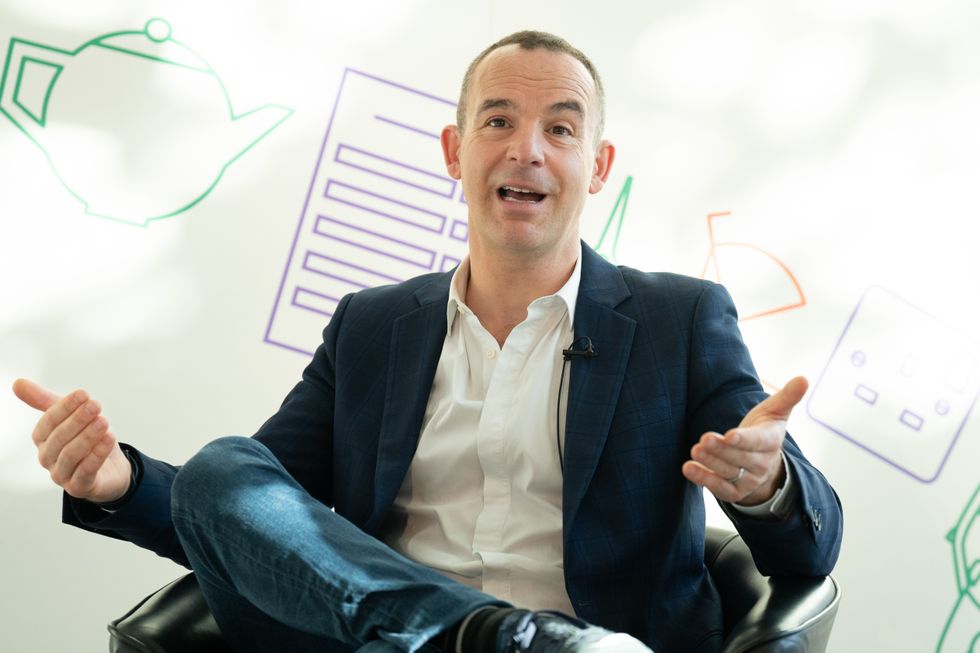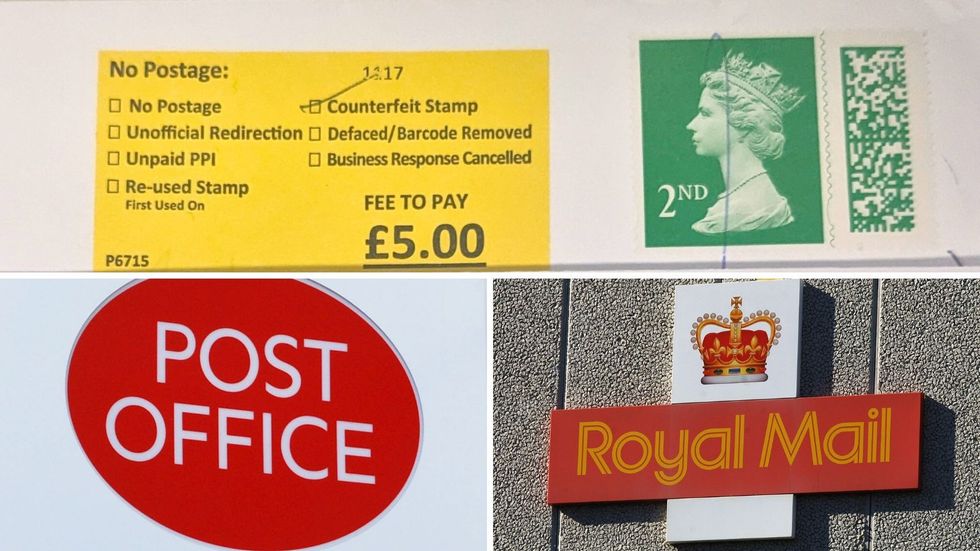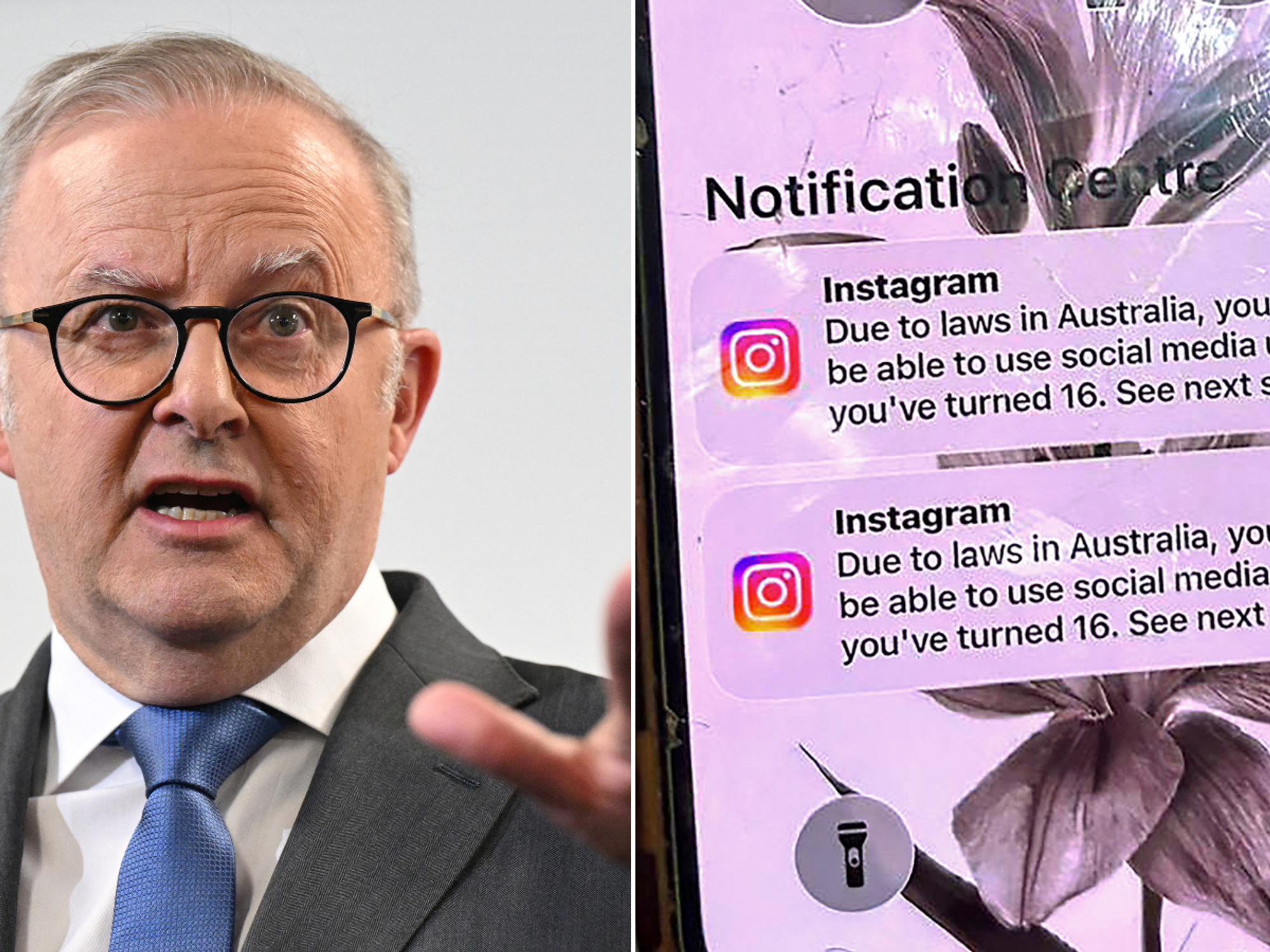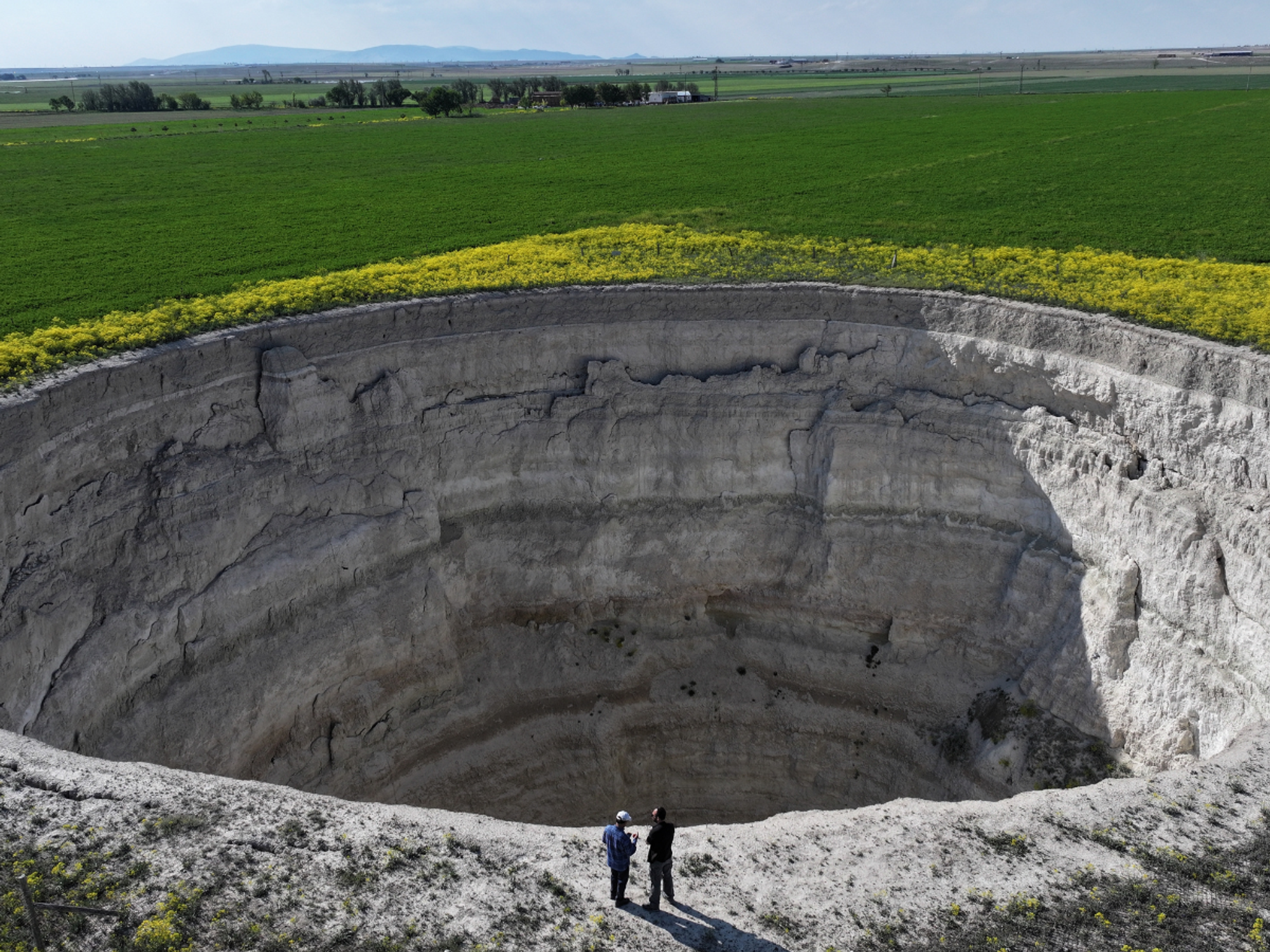Martin Lewis issues warning as Royal Mail confirms 22% price hike: 'Stock up on stamps now!'

Martin Lewis has reacted to Royal Mail's decision to raise the price of stamps
|PA

Lewis is advising Britons to buy stamps before Royal Mail's price rise next month
Don't Miss
Most Read
Latest
Martin Lewis is urging Britons to stock up on first-class stamps before a significant price hike on an everyday item takes effect on October 7.
Royal Mail has announced that the cost of a standard first-class stamp will soar from £1.35 to £1.65, marking a substantial 22 per cent increase.
This rise comes just months after the previous price adjustment in April, when first-class stamps went up by 10p.
The imminent change represents a 30p jump in price for standard first-class stamps.
Lewis advises consumers to take advantage of the current rates and bulk-buy stamps now, as they will remain valid even after the price increase, provided they don't have a specific price printed on them.
This upcoming hike extends to large first-class items as well, with costs rising from £2.10 to £2.60, a 50p increase, and represents a 24 per cent jump for larger mail items.
Do you have a money story you’d like to share? Get in touch by emailing money@gbnews.uk.

The Money Saving Expert has issued a warning to Britons
| PAThe money saving expert explained: "For years, every time stamps go up in price I've suggested people stock up and bulk-buy in advance, as provided the stamp doesn't have a price on it and instead just says the postage class, it's still valid after the hike.
"So you may as well stock up now, even if it's just for Christmas cards for the next few Christmases."
It's worth noting that second-class stamp prices will remain unchanged at 85p for the time being.
Royal Mail has cited several reasons for the price increase, including the state of letter volumes.
Nick Landon, chief commercial officer at Royal Mail, said: "When letter volumes have declined by two-thirds since their peak, the cost of delivering each letter inevitably increases.
"The company reports that letter volumes have plummeted from 20 billion in 2004/5 to about 6.7 billion in 2023/4. This means the average household now receives just four letters weekly, down from 14 a decade ago."
Additionally, Royal Mail faces increased delivery demands. The number of addresses they are required to service has grown by four million in recent years, intensifying the cost impact per delivery.
Royal Mail emphasised the need for urgent reform, stating: "The minimum requirements of the universal service haven't changed for over 20 years despite major changes to how people communicate."
In addition to the price hike, Royal Mail is considering significant changes to its delivery schedule. Ofcom, the postal regulator, has suggested that Royal Mail might be allowed to scrap Saturday deliveries for second-class letters as part of a major service shake-up.
Under these potential plans, second-class mail would be delivered on alternate weekdays rather than every weekday and Saturday. However, the three-working-day delivery target would remain in place.
LATEST DEVELOPMENTS:

The cost of stamps is going up
| GB NEWS | PAOfcom has not made any final decisions yet. The regulator plans to launch a consultation in early 2025, with a decision expected by summer of that year.
These proposed changes reflect Royal Mail's efforts to adapt to changing customer preferences and increasing costs while maintaining the universal service obligation.
Royal Mail has said it remains committed to its universal service obligation, which mandates six-day-a-week deliveries. However, the company faces significant financial challenges in maintaining this service.
Langdon added: "A complex and extensive network is needed to get every letter and parcel across the country for a single price – travelling on trucks, planes, ferries and in some cases drones before it reaches its final destination on foot. We are proud to deliver the universal service, but the financial cost is significant."










